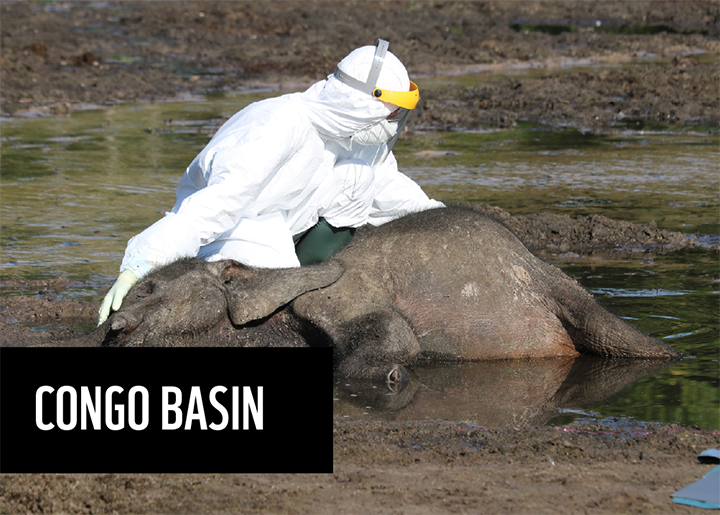The WWF is run at a local level by the following offices...
- WWF Global
- Adria
- Argentina
- Armenia
- AsiaPacific
- Australia
- Austria
- Azerbaijan
- Belgium
- Bhutan
- Bolivia
- Borneo
- Brazil
- Bulgaria
- Cambodia
- Cameroon
- Canada
- Caucasus
- Central African Republic
- Central America
- Central Asia
- Chile
- China
- Colombia
- Croatia
- Democratic Republic of the Congo
- Denmark
- Ecuador
- European Policy Office
- Finland
Toward a healthy planet
IMPLEMENTING A ONE HEALTH APPROACH TO CONSERVATION
Read WWF’s report, Toward a healthy planet: Implementing a One Health approach to conservation, addressing the drivers of infectious disease through One Health interventions that recognize the interconnections between human, animal, and environmental health.
What is One Health, and why does it matter?
One Health is an integrated, unifying approach that aims to sustainably balance and optimize the health of people, animals, and ecosystems. The health of humans, domestic and wild animals, and the environment are closely linked and interdependent. These three elements—people, animals, and environment–form the three pillars of the One Health approach.
Natural cycles of disease are an integral part of ecosystems, with infectious organisms serving an important role in the population dynamics of animals and plants. However, threats such as climate change, land-use change, invasive species, wildlife trade, and rising agricultural, industrial, and human population pressures can act as drivers for disease emergence and reemergence occurring beyond natural cycles, with negative impacts on the health of animals, the environment, and people.
The concept of One Health has evolved over time, with global pandemics underscoring the importance of a coordinated approach to understanding disease transmission across the boundaries of human, animal, and environmental health. Events like the 1918 influenza pandemic (Spanish flu), the Ebola virus disease, Avian influenza (H5N1), SARS (Severe Acute Respiratory Syndrome), and, most recently, the COVID-19 (SARS CoV2) global pandemic have brought wider recognition of One Health as a necessary framework for addressing complex health issues that transcend geographic and social boundaries.
Governments, international organizations, academic institutions, and nongovernmental organizations are now promoting One Health as a holistic approach to improve disease prevention and overall health outcomes.
The importance of environmental health: Read more
ONE HEALTH IN ACTION
 |
 |
 |
|
Preventing disease in the Global South |
Strengthening One-Health based prevention, preparedness and response |
Natural barriers against infectious disease |
 |
 |
 |